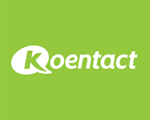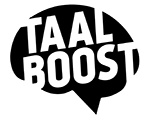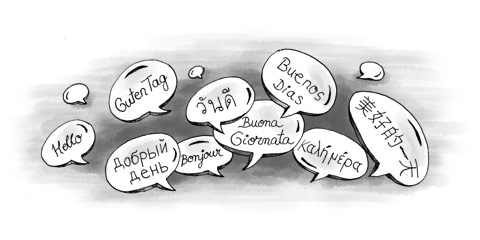NT2 state exam
The NT2 Dutch as a second language state exam (Staatsexamen Nederlands als Tweede Taal) is meant for those who have moved to the Netherlands and need a certification because they wish to work or study in the Netherlands.
You have two programmes: The NT2 programme I is for people who want to find a job in the Netherlands or study in Dutch on a secondary vocational education level, which is the equivalent of the Dutch mbo level 3 or 4.
People who wish to work or study on a Hogeschool (university of applied sciences) or university level need to take the NT2 Programme II.
The exam consists of four parts: reading (lezen), writing (schrijven), speaking (spreken) and listening (luisteren). You need to pass all four sections in order to receive the diploma. It is possible to re-sit any exam once if you fail, but it is only once you have all four certificates that you can apply for the diploma.
You can register at the Dienst Uitvoering Onderwijs (DUO) departmental website. The exams take place once every week in the following cities: Amsterdam, Eindhoven, Rijswijk, Rotterdam and Zwolle.
CNaVT (Certificate Nederlands als Vreemde Taal)
If you are still living abroad, but wish to obtain a certification in the Dutch language, in some countries it is possible to do an exam for the CNaVT certificate. The CNaVT is awarded jointly by the Dutch Language Union, the University of Leuven and Fontys University of Applied Sciences. Both the NT2 state exams and CNaVT certificates teach to levels specified in the Common European Framework of Reference for Languages.
The CNaVT exam only takes place once a year in the first half of May. The examiner facilitates the exam in the candidate’s own country. The exams consists of three parts: audio, reading and writing, and an oral exam. All the exams are sent to the University of Leuven where trained examiners mark them. Candidates receive their results and a certificate if they pass in July.
The CNaVT offers different levels of exams, all suitable for different purposes varying from a tourist and informal language proficiency course to a certificate for working on a professional level.
For more information please visit the CNaVT website (in Dutch).



